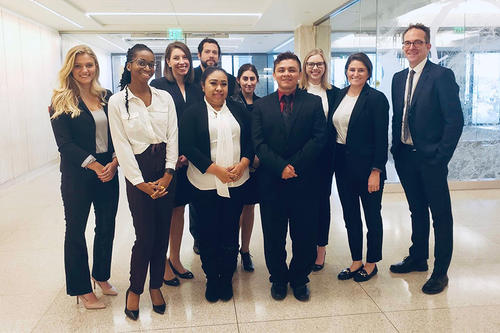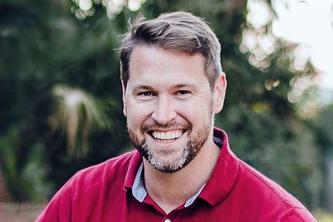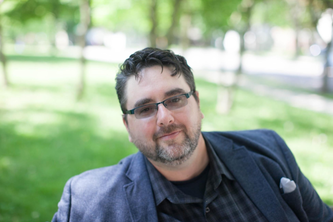
A Mexican family that narrowly escaped cartel members who shot and pursued them is “ecstatic” after overcoming the odds to win asylum in the United States with the help of Minnesota Law’s Immigration and Human Rights Clinic.
The cartel targeted the family in 2017 because they couldn’t pay “rent” for their neighborhood store in a small town in Mexico’s southern Oaxaca state. Gunmen opened fire on the family’s car in broad daylight, striking the father and mother several times and causing her to lose an unborn child. Their daughter suffered a gunshot wound to her back while shielding her younger brother. The family eventually succeeded in fleeing to the U.S. border and joining relatives in Minnesota.
Despite such a terrifying experience, winning an asylum case is no small feat, according to Professor Stephen Meili, faculty director of the clinic. The federal government has become much more restrictive in asylum cases involving victims of cartel and gang violence.
A key to the victory, says Meili, was the dedication of students in the clinic, including student directors Emily Hauck and Kristin Trapp, whose legal research and detailed country condition evidence was presented to the U.S. Immigration Court in Bloomington, MN, where the family’s asylum hearing took place. Were it not for their hard work, the family would likely have been sent back to Mexico.
Hauck, a third-year law student from New Jersey, acknowledges it is incredibly difficult to meet the standard for asylum. “As students, we worked diligently on researching legal arguments and collecting evidence to show that the family merited asylum.”
Trapp, a third-year law student from Duluth, says she was lucky that the lottery system that assigns students in Minnesota Law clinics placed her in the Immigration and Human Rights Clinic, which was her top choice. Now she assists Meili in supervising and mentoring clinic students.
“It has been the most rewarding experience of my law school career, because you get to work on really interesting cases with particularly empathetic and loving clients who need creative, detailed legal help,” Trapp says.
Hauck says she chose Minnesota Law largely because of its robust clinical program. “I wanted to get practical experience during law school, and I certainly have in the Immigration and Human Rights Clinic. We met with our clients weekly for months leading up to their hearing.”
One of the unique features of Minnesota’s clinical programs is the student director model, which allows students to return to a clinic in their third year and assist with the supervision of new students.
“Student directors like Kristin and Emily help retain the institutional memory of our cases from year to year,” Meili says. “They also provide continuity for clients who would otherwise have to adjust to a completely new student team each academic year. Especially for asylum seekers, whose cases can go on for years, it’s important to have that kind of stability.”
-------
This story appeared in its original format at U of M Law School.
- Categories:
- Law and Policy





